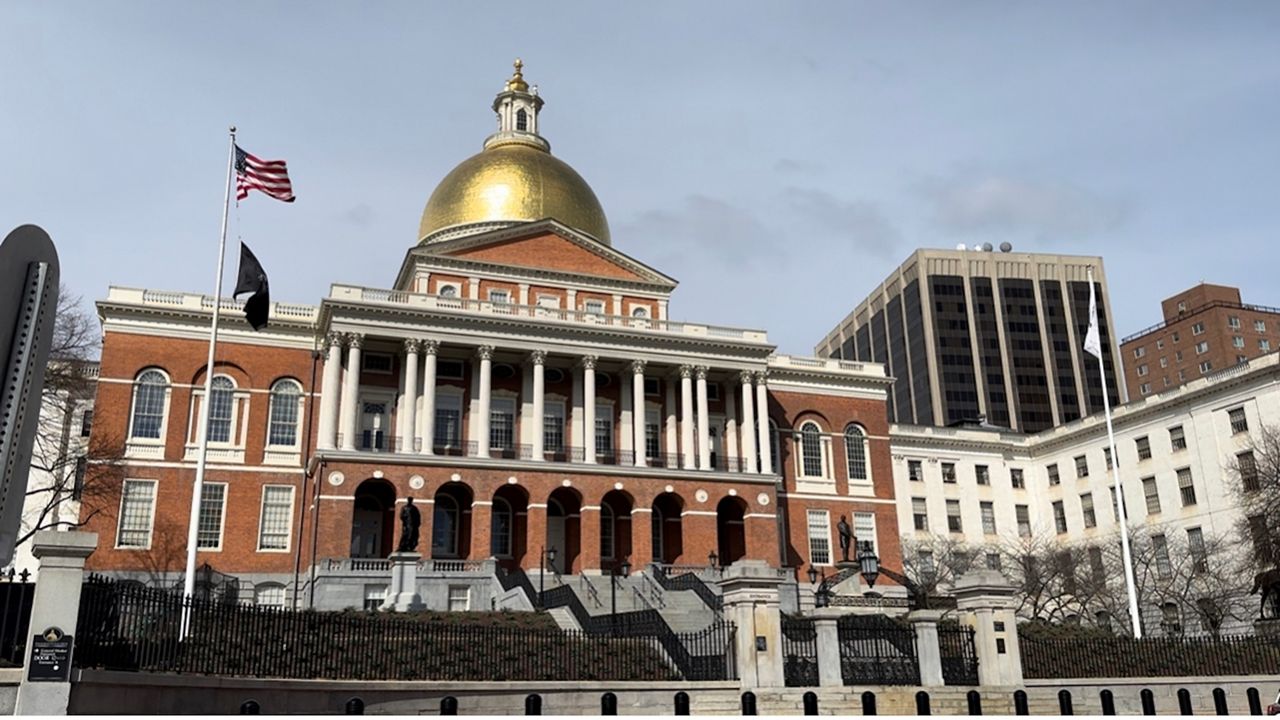With their tax relief plans still unknown, top state Senate Democrats plan to unveil their annual state budget proposal on Tuesday.
A Senate Ways and Means Committee spokesman announced Thursday that the committee will release its budget redraft on Tuesday, and that Senate President Karen Spilka and Senate budget chief Sen. Michael Rodrigues plan to brief members of the media on the spending plan the same day.
The Senate budget rollout will give the public a sense of where the chamber's Democrat leadership stands on legalizing online Lottery sales, spending surtax revenue and eliminating the costs of community college for some students.
It will also shed light on whether Spilka and Rodrigues factor tax relief into their budget plan like both the House and Gov. Maura Healey did.
Senators have been mum about their timeline for action on tax relief, and the April plummet in state revenues reported Wednesday could prompt them to reassess the scope of any plan. Republican Sen. Patrick O'Connor, the ranking minority member on Senate Ways and Means, said Thursday there is no "sense of urgency to get that tax package done."
"We're all-in on the budget right now, to be perfectly honest with you, from the conversations we have with legislative leadership as well as just internal conversations and things that we're preparing for," O'Connor said. "Our preparation right now is towards the budget, and I think that sometime after that, we potentially do the tax package just because there's a lot of looming things that are going on right now in general."
Lawmakers are crafting plans to spend money in fiscal 2024, which starts July 1, but tax collections for fiscal 2023, which has just two months remaining, are running about $700 million behind the projections used to build this year's budget, leaving the spending blueprint in a revenue deficit position. Lawmakers and Healey, and before her Gov. Charlie Baker, also padded their original fiscal 2023 budget with the passage of supplemental budgets.
Committee spokesman Sean Fitzgerald said the committee will be asked to vote on the bill via electronic poll rather than in a live executive session, though the timing is not yet clear.
Legislative committees in recent years have embraced electronic polls, which happen without public notice and often with an email notice to lawmakers, as their preferred method to vote on bills. Not long ago, it was common for committee members to gather in open executive sessions to vote on bills, providing an opportunity for commentary and amendments, and for legislators to interact with each other as well as interest groups, the media and others.
Healey proposed a $55.5 billion budget in March alongside her proposal for a tax relief package, and the House in April approved a $56.2 billion measure that similarly anticipates hundreds of millions of dollars of impact in tax relief.
Record-setting increases in state tax revenues in recent years have fueled sharp increases in state spending while also enabling the state to sock away billions of dollars in its rainy day fund. But so far, the huge influx of unanticipated tax revenues has not stirred the Legislature to pass a tax relief bill, despite longstanding concerns about families struggling with soaring inflation and Massachusetts losing some of its competetive edge to other states.
The Senate usually takes up its budget bill and the hundreds of inevitable amendments in late May, during the week before Memorial Day, and a panel of House and Senate negotiators will then retreat behind closed doors to hash out a final agreement to send to Healey.
Beacon Hill in recent years has failed to produce on-time budget accords, instead leaning on stopgap spending measures for the first few weeks of a fiscal year while negotiations continue. At times, Massachusetts has ranked as the last state in the country to finalize its annual budget.



